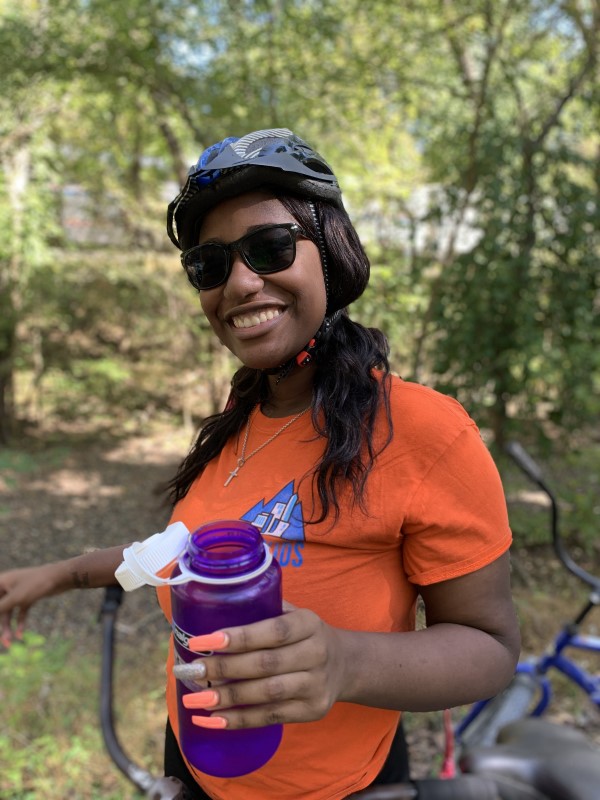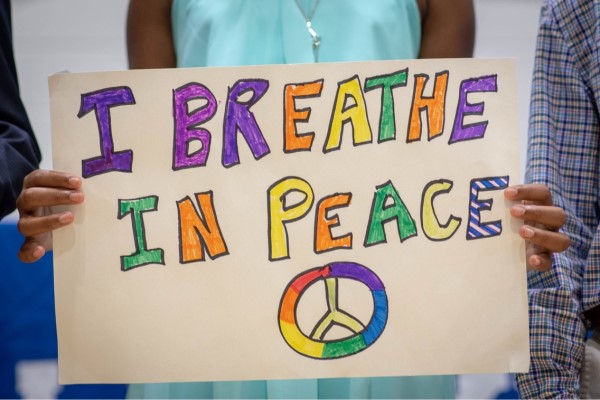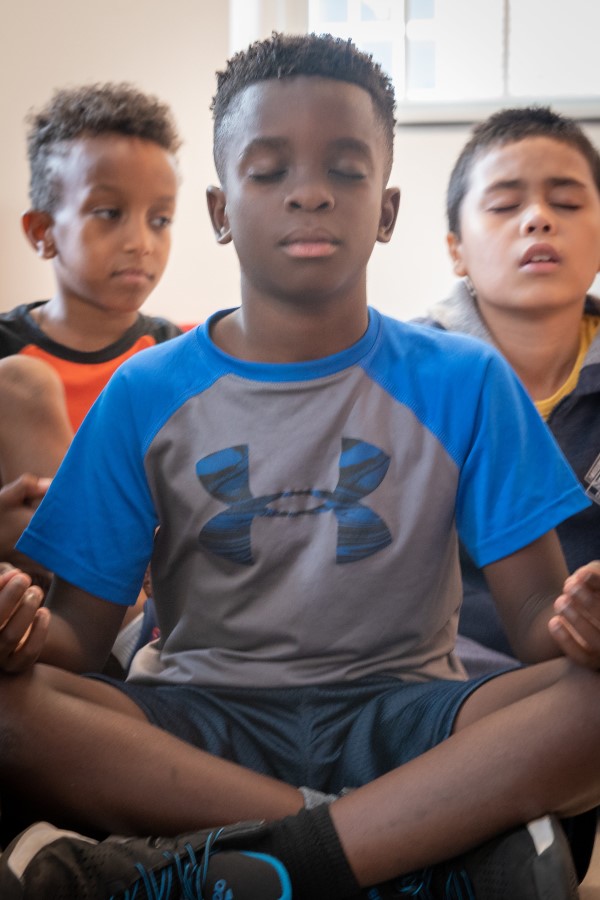Written by Katie Guerin, Director of Development and Communications of City Kids Wilderness Project
When the COVID pandemic closed City Kids Wilderness Project’s offices and postponed our programming in March, as an organization, we, like the rest of the world, had no idea how long we would remain in a state of isolation. However, we knew we needed to start communicating with our youth, families and external stakeholders fast to assure them that we would not only survive this pandemic but thrive in it to support our youth.
Internal communications with youth and families was key for our programmatic continuation and evolution. We began surveying our youth and families at the onset of the pandemic to ensure that our virtual programming supported them while we were not able to all be outdoors together. Families asked that we stay connected with youth as they navigated a spring separated from friends and began virtual learning.
Then came the May murder of George Floyd and the rise of the broader social justice movement. Following the first weekend of protests after Mr. Floyd’s death, City Kids put part of our Diversity, Equity, and Inclusion Statement of Beliefs out in a public post on Instagram. Externally, City Kids is increasingly seen as a leader in the outdoor social justice movement, receiving mentions on social media and increasing our Instagram audience by 25% in the month of June alone.
By virtue of the programming we do, City Kids is an organization founded on Diversity, Equity, Inclusion and Justice (DEIJ) principles, and as such, these core tenets have historically been at the forefront of our internal communications among staff, participants and families. We have been careful and intentional to let our youth voice drive our communications, and this present moment has pushed us to share these efforts publicly and put a call to action to our CK community about allyship and solidarity and provide resources that help educate.
In an effort to respond to inquiries and share the story of City Kids and the impact of the dual pandemic on CK youth and families, we worked with DC production company In My Shoes on a video A Summer Like No Other that has been widely distributed to our stakeholders. Additionally, a group of our high school youth designed and created JET Talks, a new podcast for the City Kids community. So far, two episodes have been released, with more to come focused on exploring meaningful themes about their City Kids experiences.
Our efforts continue to evolve during COVID to meet our youth and families’ needs, and communication is essential to ensuring that we all feel supported during this time. Between March and July, the organization conducted 400+ virtual engagements with many more rolling out this fall. Thanks to emergency grants from several D.C.-based foundations in response to the Black Lives Matter movement, we were able to implement The New York Times’ 1619 Project as a central element of our summer curriculum.
After completing the lessons, a City Kids youth reflected: “One thing that I have learned was the ultimate power of narrative and how beneficial it is to take a deep dive into the true narrative, and be able to take great pride in it.”
Find out more about City Kids’ work by visiting citykidsdc.org.




